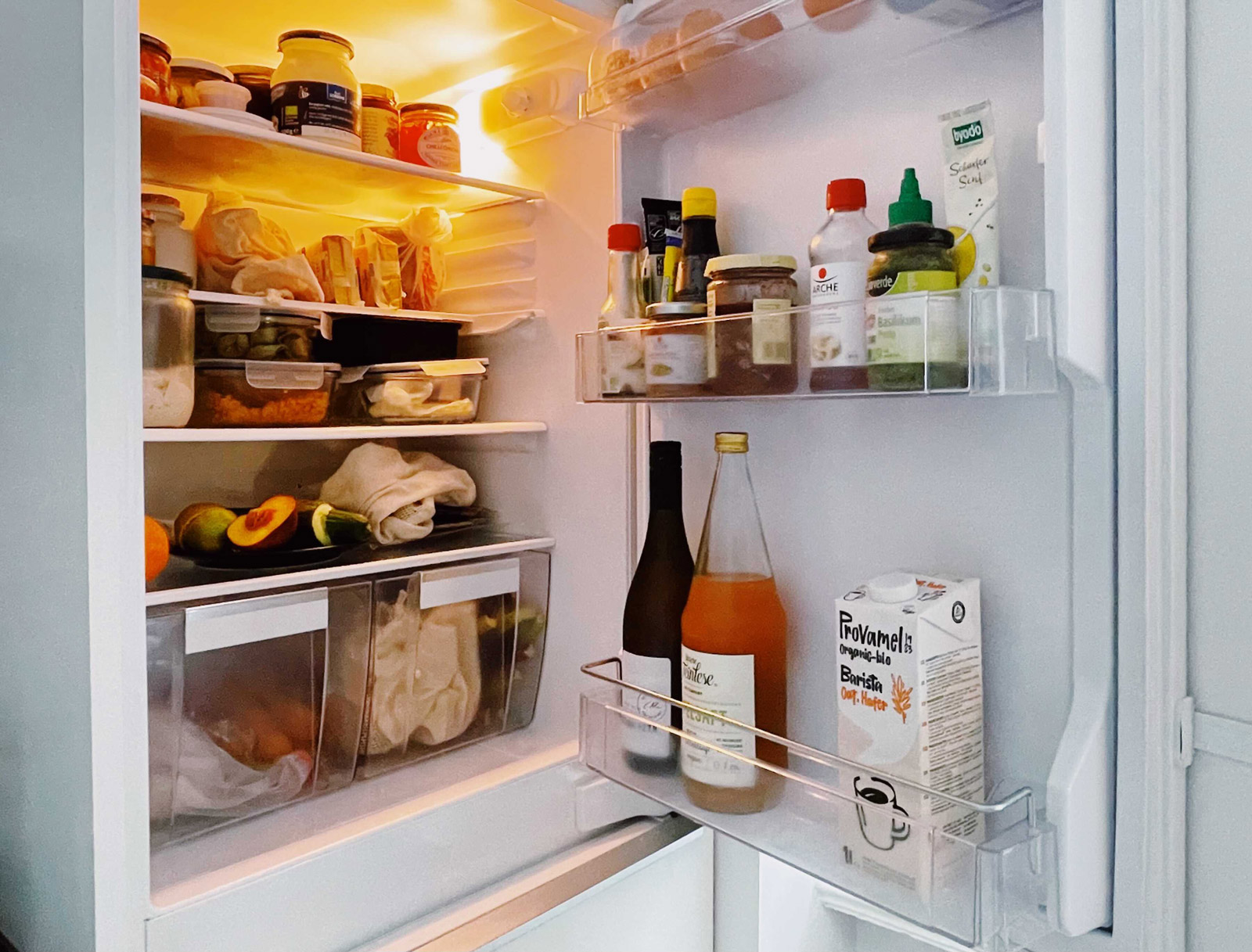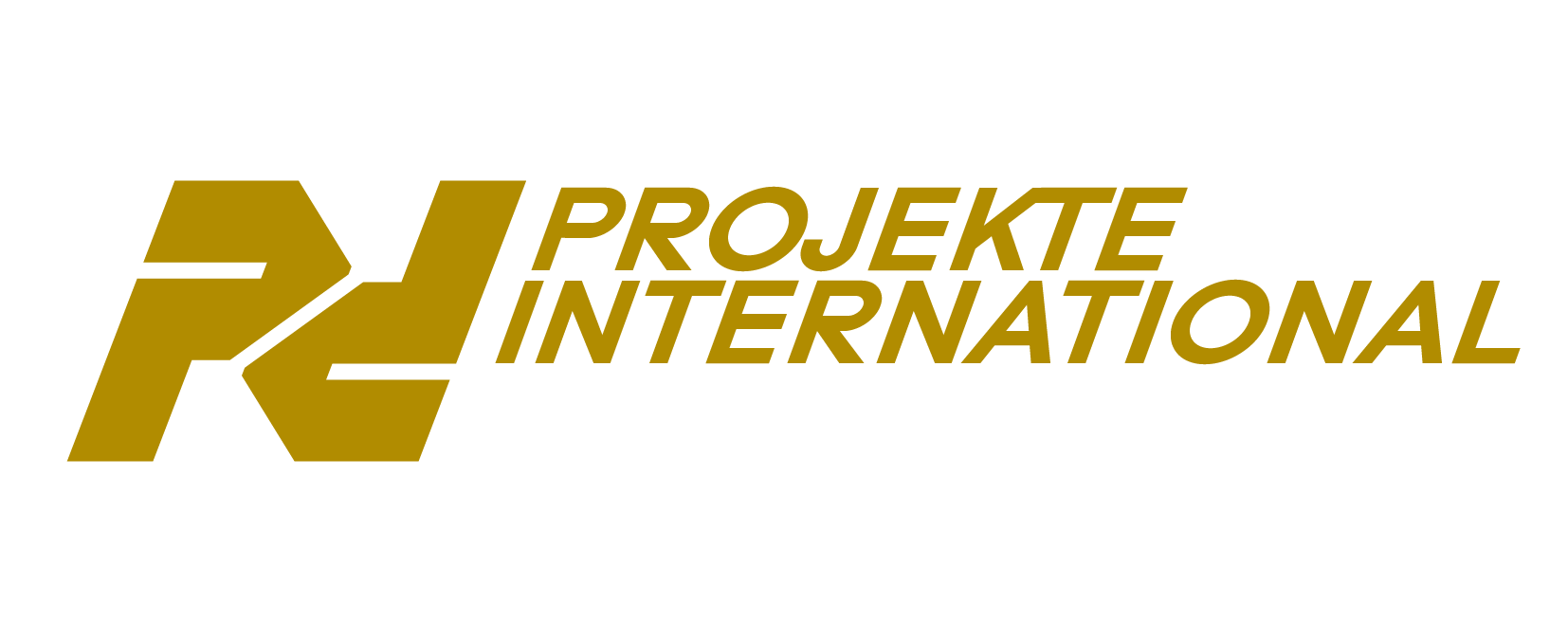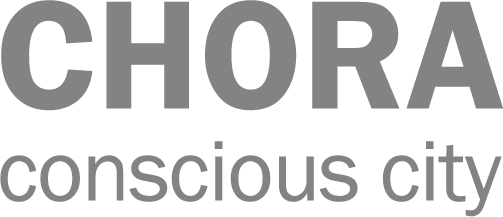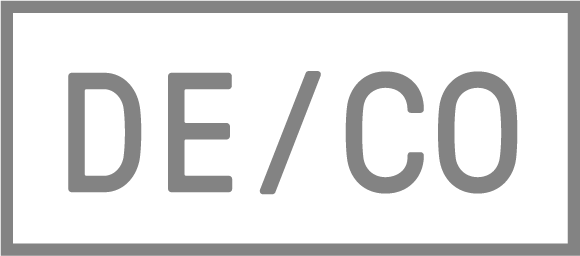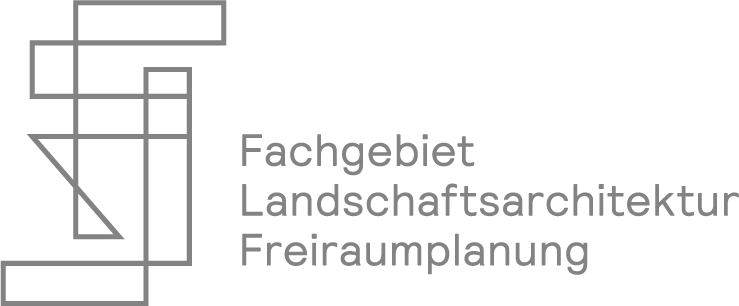MICROARTICLE #Networks
Out of Milk?
By: BB2040 Editorial Team
MICROARTICLE Networks Wissensstadt Berlin 2021
Published on June 26, 2021
The Internet of Things (IoT) describes a vision of ubiquitous connectivity, a mesh of every place, everything and everybody. Smart objects have sensors and programmed communication capabilities that allow them to interact in a network with other (smart) objects and get in touch with humans through user interfaces. [1] To stay with a well known example, smart refrigerators let us know when the milk is almost empty [2], or even order fresh milk automatically. This everyday example illustrates the potential in terms of increased efficiency that the IoT promises.
In addition to the industrial and efficiency-driven use of the Internet of Things, this technology also enables the monitoring of natural processes. For example the digitization of the forest—or the “Internet of Trees”—refers to forests linked to the Internet. The measurement of air temperature, humidity and other indicators allows forest fires to be detected at an early stage to warn local authorities and populations [3].
[1] Greenfield, A. (2017). Radical technologies: The design of everyday life. Verso. New York.
[2] Vice (2016). Fridges of the Future Will Tell You When Your Milk Is Going Bad. https://www.vice.com/en/article/z4gzvw/fridges-of-the-future-will-tell-you-when-your-milk-is-going-bad [Accessed 21.06.2021]
[3] Internet of Trees http://internetoftrees.tech [Accessed 21.06.2021]
BB2040
[EN] Berlin Brandenburg 2040 was initiated by the Habitat Unit in cooperation with Projekte International and provides an open stage and platform for multiple contributions of departments and students of the Technical University Berlin and beyond. The project is funded by the Robert Bosch Foundation.
[DE] Berlin Brandenburg 2040 wurde initiiert von der Habitat Unit in Kooperation mit Projekte International und bietet eine offene Plattform für Beiträge von Fachgebieten und Studierenden der Technischen Universität Berlin und darüberhinaus. Das Projekt wird von der Robert Bosch Stiftung gefördert.
